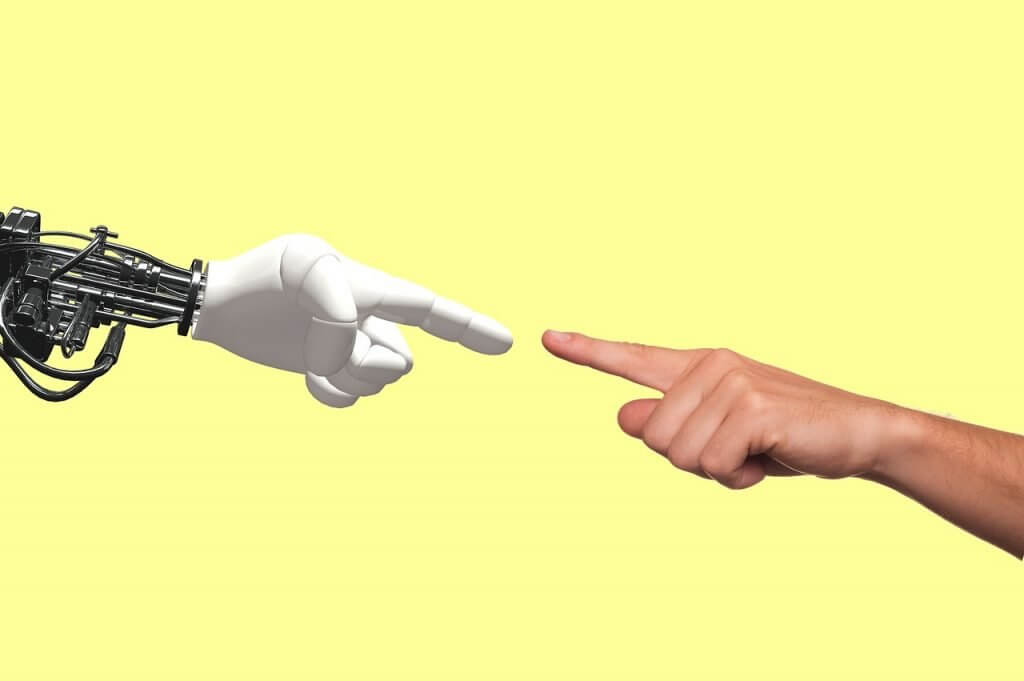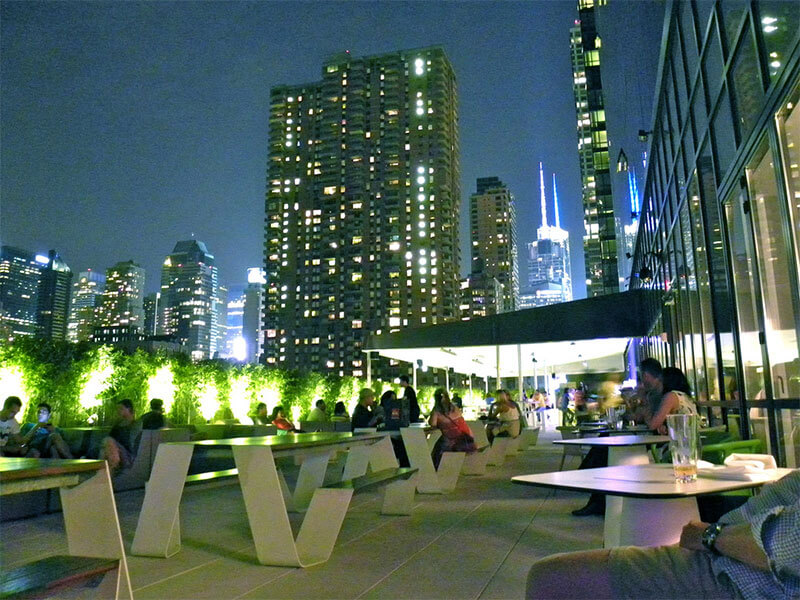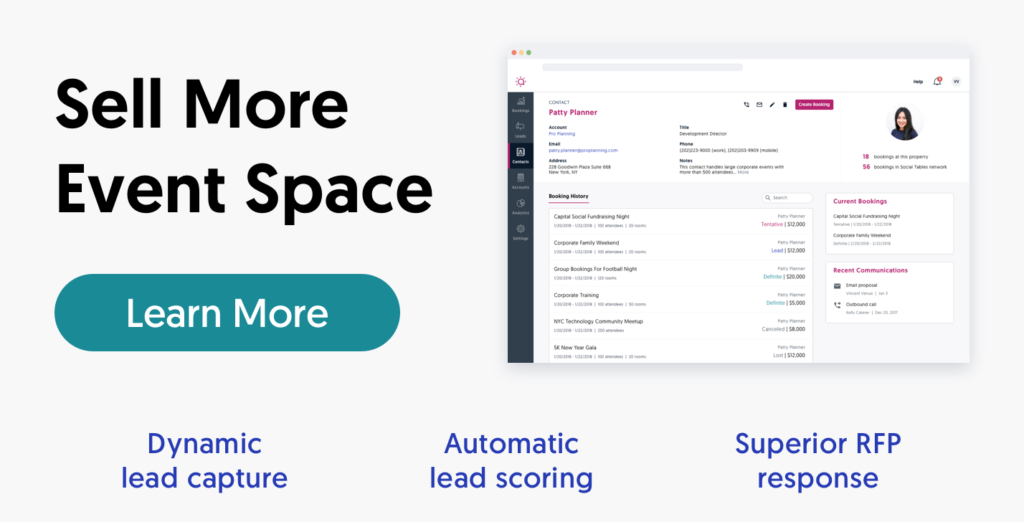
Robotics in Hospitality: How Will It Impact Guest Experience?
Most hotel guests are accustomed to dealing with human members of staff. But robotics in hospitality are becoming more and more prevalent, aimed at improving guests’ experience. How is this being achieved? Across the world, the use of robotics in hospitality is commonplace, but which areas of the guest experience are affected?
[Tweet “Robotics in hospitality are aimed at improving guests’ overall experience.”]

5 Ways The Guest Experience Will Best Impacted By Robotics in Hospitality
Just 50-years ago, the mention of robots in a hotel environment had people scoffing at the idea. But, now in 2017, with apps, smartphones, touchscreens, AI, and the upcoming robot revolution, guests accept readily it.
Why?
Guests want information and answers at the touch of a button. Thanks to the advent of IoT, and advances in machine learning, this has led to technology meeting the need for instant gratification.
1. Check-in and check-out
One major area of which robotics in hospitality will affect the customer experience is check-in. Hotels now have a choice: humans or robots at the desk?
One hotel, in particular, the Henn-na in Nagasaki, has chosen to replace its front desk staff with robots. Visitors can check-in, check-out, and the robots can respond to questions. This enables those visitors who have had a hard day or wish, little interaction, to slip quietly to their rooms.
[Tweet “Hotels now have a choice: humans or robots at the check-in desk?”]
2. Information gathering
The first stay at a hotel can be daunting for a visitor, especially if he/she is not familiar with the area. Fortunately, one of the biggest bonuses of using robots is their ability to search and respond to customer requests for information instantly.
An example of this is Connie, the robot used by Hilton Hotels. It was the first AI-based robot to be used in a hospitality setting. Powered by IBM’s Watson, and a feature of the front desk for when no-human is free. It can answer questions such as where is the nearest airport? Is there a French restaurant nearby? Plus, hoteliers can respond to inqueries about the hotel’s spa, gym, dining timings, and other services.
This puts information within easy instant reach for visitors, something which for hotels, frees up the time of staff.

3. Greater personalization
The basis of a good guest experience is the hotel personalization of his/her visit. While human staff may be hit-and-miss at it, robotics in hospitality improves it dramatically. While a robot may not have a smile, it can recognize faces and remember names. Plus, just as crucially, remembers guest preferences.
For the regular visitor, it may have noted that he/she prefers a warm towel sent to the room on arrival. Or, that a particular red wine is drunk with dinner, and a specific hot beverage is preferred. All of which can be catered for when on arrival. As for new guests, robots help staff to keep a note their preferences, and purchases. The information is shared with team members on site, and with the broader chain. He/she will be surprised with the level of attentiveness and knowledge the robot has.
4. Time-saving
Thanks to robots, those that deliver to a guest’s room provide a wealth of information hotels can use for personalization later. This can save time in housekeeping by sending off the amenities that a repeat guest orders. This will limit their time spent calling room service and having a person to deliver the amenities to the guest.
Robots can also save on human labor by providing recommendations or directions. Meaning more time for him/her to relax, or explore the hotel and its surroundings.
[Tweet “Robots can collect info on guest preferences, providing an opportunity for personalization later.”]
5. Memories
With fast check-in, great personal service, information readily accessible, and time waiting around for answers and room-service reduced. Robotics in hospitality is certainly helpful, so much, so, that even fast check-outs happen. All of which when combined provides the basis of a great guest experience. An experience which creates memories, and leads to positive reviews, recommendations, and repeat customers.
Now you’re ready to improve the hospitality experience with robotics!
Ready to learn more about improving the guest experience fast? Check out ways to reduce hotel operating costs while sustaining customer service and the secrets to delivering a personalized experience for event groups.

